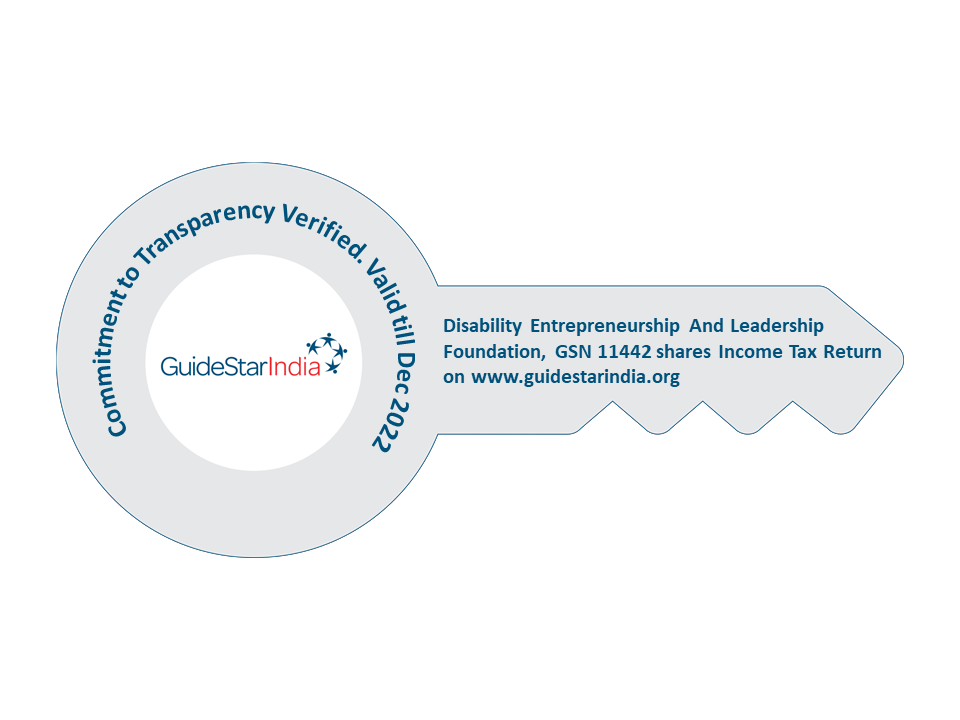Gandhiji’s vision of ‘Gram Swaraj’ or village republic is at the heart of PanchayatRaj (devolved administration and self-rule) in India.
The evolution of village communities in India can be traced back to indigenous aborigines, Dravidians and people of Aryan Parentage. Community living has evolved from archaic times along tribal, clan, caste and class lines with village communities operating as a self contained unit.
The notion of an Indian Village in modern times dates back to the 1870s during the period of the colonial rule of the British in India.
The concept of an Indian Village, simply helped serve tax and revenue collection and was no more than an administrative instrument of convenience and colonial rule for the British. According to the World Bank, a total of 65.07 % of India’s population live in rural areas.
Present day challenges of growing inequalities, poverty, food and energy security coupled with the wider effects of climate change adaptation and mitigation have necessitated the need for resilient, inclusive and sustainable communities.
As India amplifies development efforts to emerge as a five trillion dollar economy by 2025, there is a need to ensure these challenges are addressed to achieve economic, social and environmental wellbeing of all citizens.
Government of India launched the ‘Adarsh Gram Yojana’ in 2009 to ensure all round development of villages. Under this programme each Member of Parliament adopts one village from their constituency to transform that village into a model village. The ideal village model is based on multidimensional aspects including water issues, agriculture issues, gender issues, health issues disability issues etc. The model village is based on the principles of inclusion, equity and sustainability.
According to the RDPR circular issued by Government of Karnataka, CEO’s from respective Zilla Panchayats, are required to identify and establish one village in the district as a model village based on having addressed the all-round development needs of persons with disabilities. The model village thus established shall:
- Reflect high level of community awareness on issues relating to persons with disabilities;
- All eligible persons with disabilities shall possess a UDID card;
- Public places shall be barrier free and fully accessible with basic amenities being available;
- Disability issues shall be mainstreamed across all development programmes and projects.
- This village shall serve as a model and inspiration to other villages.
Disability Entrepreneurship And Leadership (DEAL) Foundation is working with local communities, Gram, Taluk and Zilla panchayat bodies and RDPR University to develop Mevundi as a model inclusive village. Mevundi was nominated to be developed as the model village for Gadag District by the VC of KSRDPR University at a local meeting of grassroot level workers and local official from respective PanchayatRaj Institutions.
For further information about our work please visit www.deal-foundation.com, or for any queries, feel free to mail them to info@deal-foundation.com.


 Awarded by Guidestar India
Awarded by Guidestar India